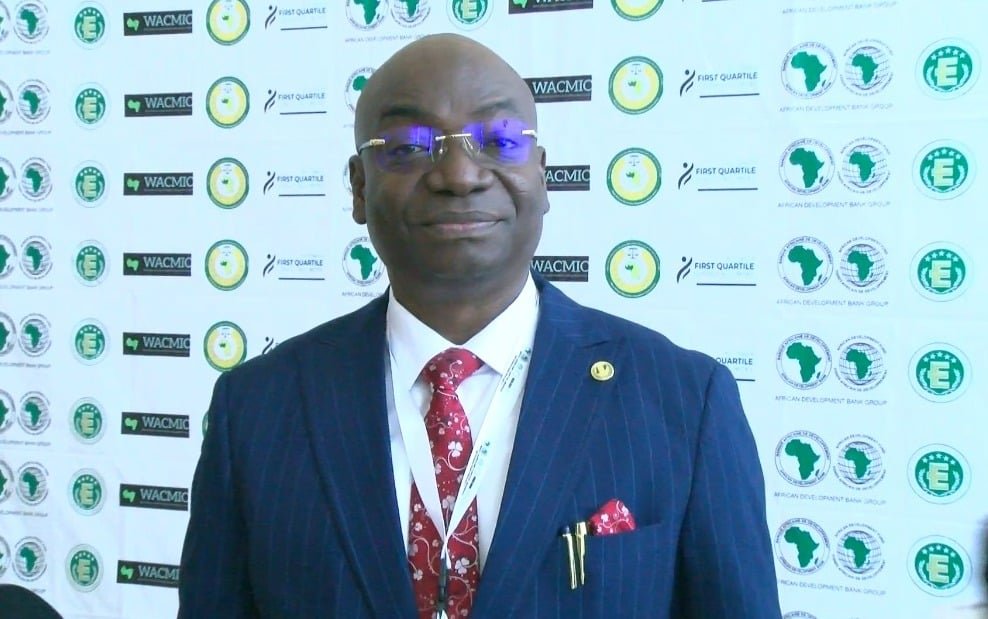Director General of the West African Monetary Institute (WAMI), Dr. Olorunsola Olowofeso, has emphasized that the successful implementation of the West African Capital Market Integration (WACMI) initiative could significantly boost the ECOWAS economy. He mentioned that the integration has the potential to increase the ECOWAS economy from $777 billion to approximately $900 billion.
The WACMI initiative, spearheaded by the West African Monetary Institute, aims to create an open platform for the listing, trading, and settlement of capital market securities, as well as facilitate transactions for West African countries.
During a capacity-building session for financial market operatives, Dr. Olowofeso highlighted the numerous benefits of a fully integrated capital market. He emphasized that such integration would enhance liquidity access, strengthen economies, and streamline capital access for businesses within the West African economic bloc. By fostering cooperation and collaboration among participating countries, the initiative aims to unlock the region’s economic potential and promote sustainable growth and development.
“By the time we integrate the capital market, it will increase the GDP of West Africa from $777 billion to over $800 billion to $900 billion and that would be a plus to Africa in terms of job, liquidity and infrastructure development“
Additionally, he expressed that the institute is actively collaborating with other member countries, namely Gambia, Guinea, Liberia, and Sierra Leone, to develop a robust capital market infrastructure. This effort is aimed at ensuring the seamless functioning of the program and promoting economic growth across the region.
Regarding concerns about whether an open capital market platform in the West African Economic block might hinder Ghana’s securities market growth, Rev. Daniel Ogbarmey Tetteh, the Director General of the Securities and Exchanges Commission, reassured that the integration would have a positive impact.
Instead of derailing Ghana’s capital market, the integration would actually deepen and enhance it, fostering healthy competition within the market. This alignment with other West African countries would open up new opportunities and strengthen Ghana’s position within the broader regional context.
“So within the contest of an integrated market, it means that we will be exposing the benefits of the Ghana market to other practitioners. So I think that we shouldn’t be worried about the integration, rather it will open up to better opportunities which will make us competitive”.
He added that the Securities and Exchanges Commission is embarking on a capital market master plan which will tie into the West African initiative to strengthen the local market.
Abena Amoah, Chief Executive Officer of the Ghana Stock Exchange also stated that the move will offer improved diversification of funds which could reduce risk.
“It will enable fund managers to structure a fund which will enable you to diversify portfolios in different markets. This improves diversification and concentrated risk management tools.”

